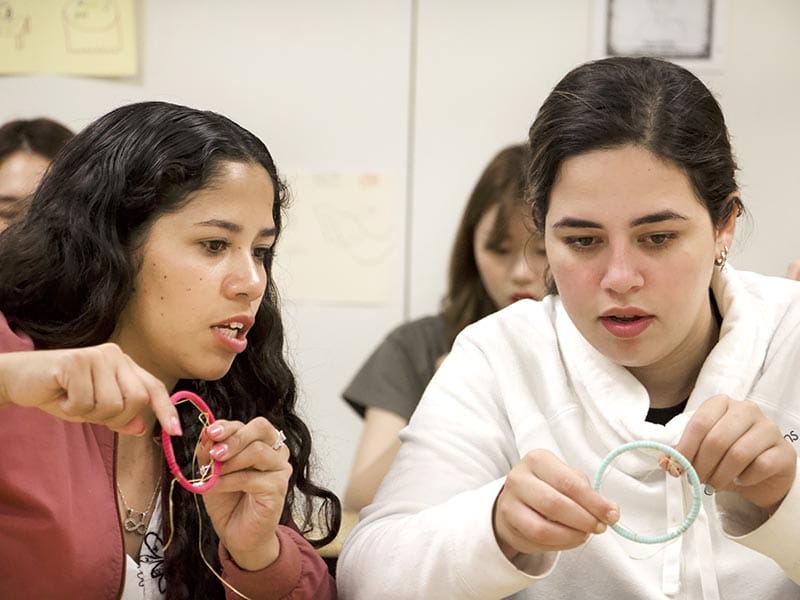Mission Fulfilment
Purpose. TRU is committed to continually assessing and tracking its progress towards mission fulfilment and student success. TRU’s mission fulfilment planning and evaluation process is supported by four standing committees of Senate who are responsible for reporting on institutional effectiveness based on established performance indicators and measures of success, and guided by TRU’s mission statement.
TRU is a comprehensive, learner-centred, sustainable university that serves its regional, national and international learners and their communities through high quality and flexible education, training, research and scholarship.
TRU aims to eliminate achievement gaps; honour truth, reconciliation, and rights of Indigenous peoples; lead in community research and scholarship; design lifelong learning; and lead in sustainability.
Core Themes. Institutional mission fulfilment is based on outcomes related to TRU’s four core themes: student success, research, intercultural understanding, and sustainability. To see TRU’s performance in the context of each core theme, visit the core theme webpage:
Governance. TRU’s process for collecting, analyzing, and reporting key performance indicators is grounded within inclusive, participatory governance and incorporates mechanisms for continually revisiting the value of the data collected in relation to four core themes: student success, intercultural understanding, research, and sustainability. Four standing committees of Senate are responsible for reporting annually on mission fulfilment:
- Student Success Committee of Senate
- Environmental Sustainability Advisory Committee
- Intercultural Understanding Subcommittee
- Research Committee of Senate
The Mission Fulfilment Executive, a subcommittee of the Academic Planning and Priorities Committee of Senate, is responsible for overseeing Mission Fulfilment, including the submission of reports and presentation of findings to governing bodies in consultation with the Senate Mission Fulfilment Committees listed above.
Archived Reports. 2018, 2019, 2020, 2021, 2022
Tools. TRU’s mission fulfilment planning and evaluation process follows a strengths-based approach focused on the structural changes required to address community needs as defined by members of the TRU community. TRU has defined mission fulfilment to be achieved when 70 percent of the indicators related to the outcomes for each core theme are achieved or minimally achieved.To better understand the communities that TRU serves and assess our progress towards diversity, equity, and inclusion goals, TRU reports disaggregated student achievement indicators. BC’s Office of the Human Rights Commission (2020) advises that “disaggregated data is merely a tool (to be utilized in the context and aim) and it must be accompanied by a process that supports the purpose of reducing systemic racism and oppression and achieving equity” (p. 9). TRU also prioritizes a balance of quantitative and qualitative measures because a dependency upon decontextualized input and output metrics (Chalmers, 2008) can “propagate a colonial approach to research through the prioritization and erasure of numbers overs stories” (BC Office of the Human Rights Commissioner, 2020, p. 23). Therefore, TRU seeks to amplify the voices of students, faculty, and staff to better understand the systems that promote success at TRU.




